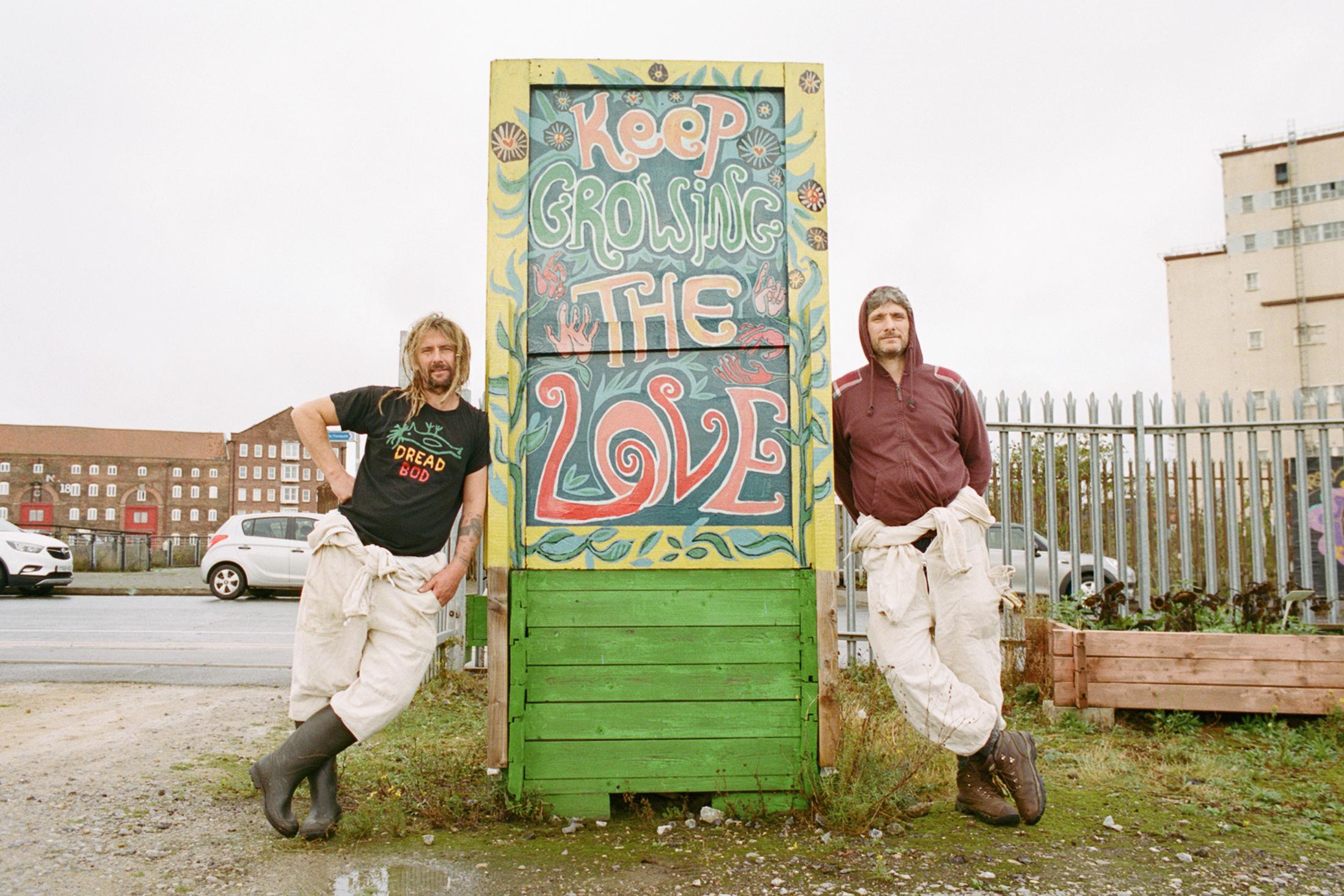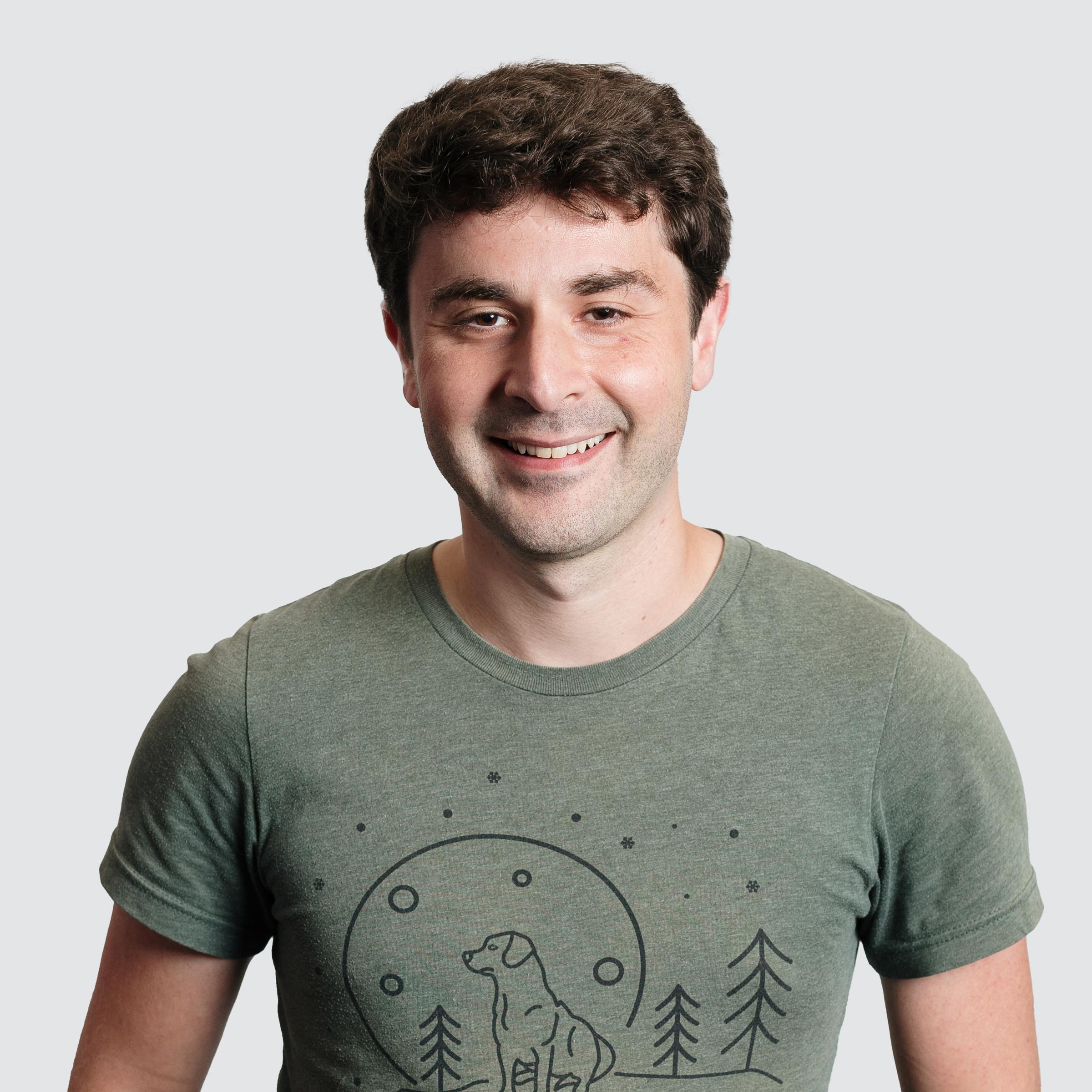Reimagining investment to transfer wealth and power
Over the next two years our Emerging Futures programme will have a strand of work focussed on re-imagining philanthropy, investment, and funding. We’ve got a lot to learn, but it’s a critical part of redistributing wealth and building economic power.
We will be sharing more detail about this over the next few months, but it’s through this strand of work that we have been able to fund initiatives like the Good Ancestor Movement, ShareAction and more to be announced soon. We are especially interested in wealth redistribution and ways to influence how the 'Great Wealth Transfer' takes place:
Over the next 20 years, a minimum of $35 trillion, and up to $70 trillion, in wealth will transfer from the post-World War II generation to the next younger generation. Most of that wealth will flow in the upper canopy of the wealth forest, between family members in the world’s wealthiest 0.1%.
How that wealth is then used is important. As Dominic Hoffstetter said in a TransCap workshop this week that JRF attended “even if we are successful in mobilising capital, what you do with it then is still a big question”. In the futures we hope are realised, the wealth transferred out of excessive private accumulation and into community and ecological wealth building will require new financial instruments. At JRF we know we have a lot of learning and knowledge-building to do in relation to this and in order for us to be a relevant and resonant funder in these times - committed to lasting and transformative change.
We have so much to technically learn about financial instruments, investment approaches, asset classes, non-monetary exchange, non-extractive lending, revenue sharing agreements, perpetual smart bonds, micro-endowments, integrated capital, and so on. For this reason, over the next nine months we will be going on a learning journey, alongside other funders that we have invited, as a way of building our capacity. We will draw on the expertise of practitioners and communities globally, particularly in the US and Latin America, where we can see many of these models gaining traction.
Restorative economics
So far we’ve been inspired by the work of people like Nwamaka Agbo, CEO of the US based Kataly Foundation, who has developed a framework called ‘Restorative Economics’, which advocates the reinvestment of resources in projects owned and governed by marginalised communities. This provides an opportunity to help repair the harm caused to these communities by years of economic alienation, and the extraction of their labour and wealth.
In the words of Nwamaka Agbo,
When communities come together to collectively own and manage assets, they can leverage their joint economic power to collectively assert their rights and exercise cultural and political power in a more impactful way than they would on their own. And when neighbours build community wealth together, they create safe and sovereign spaces that foster self-determination and build shared prosperity.
The reimagining of investment
We are also inspired by movements in the US such as the Seed Commons, who we programmed into our New Frontiers conference last year. They are a national network of place-based, non-extractive loan funds that are investing community-controlled capital in local cooperative businesses. This reimagining of investment is enabling grassroots-led organisations to raise and distribute capital in marginalised communities across the country, collectively and democratically.
One of the now many peers in the Seed Commons network is the Boston Ujima Fund (Ujima being the Swahili word for collective work and responsibility). The Ujima Fund empowers local residents, businesses, and other stakeholders to invest in building the wealth of their community by supporting small businesses, real estate, and infrastructure projects in Boston’s working-class communities of colour. It is democratically managed by its local members and structured so that lower-income investors take on the least risk and have the highest expected returns, more so than philanthropic investors and those able to invest larger amounts.
Another model in the US rooted in the principles of Restorative Economics is The Guild. Founded in 2015 in Atlanta, The Guild is a worker cooperative seeking to build community-owned and governed models for real estate, as an alternative to predatory real-estate industry practises that displace black and other residents of colour and segregate neighbourhoods. The Guild has created a new fund, Groundcover, that will provide capital for community development projects that provide affordable housing and commercial spaces that serve local needs. Community residents will be able to buy back equity from The Guild at below-market rates, thereby being able to benefit from the financial upside of development in their own neighbourhood, while also being able to vote on key decisions.
A transfer of wealth, power and decision-making
In the UK our sense is that while the place-based impact investing landscape has rapidly developed in recent years, there is scope for a restorative transfer of not just wealth, but also power and decision-making from philanthropic and other investors to communities, the commons, and infrastructures that support and build capacity for it all to take root. We acknowledge that we are beginning to see the shoots of such movements, with for example Camden’s Community Wealth Fund, and Barking & Dagenham Giving, working to shift decision-making power to community members with regards to how local authority funds are invested. However, we don’t have such a developed field of practice when it comes to the solidarity economy and that’s what we’d like to help grow.
Join us on the journey
By going on this learning journey, we hope to identify new means through which philanthropists and other asset owners can redistribute wealth and build economic power. We see this as being a critical step in helping bring about a just transition.
If you are a funder who’s interested in joining our learning journey, please get in touch with Cassie Robinson (cassie.robinson@jrf.org.uk) and Jonathan Hutchins-Levy (Jonathan.levy@jrf.org.uk). And if there are people and initiatives that you think we should be aware of, reach out to, or visit (with resources for their time!), then please do let us know.

This idea is part of the wealth, funding and investment practice topic.
Find out more about our work in this area.
